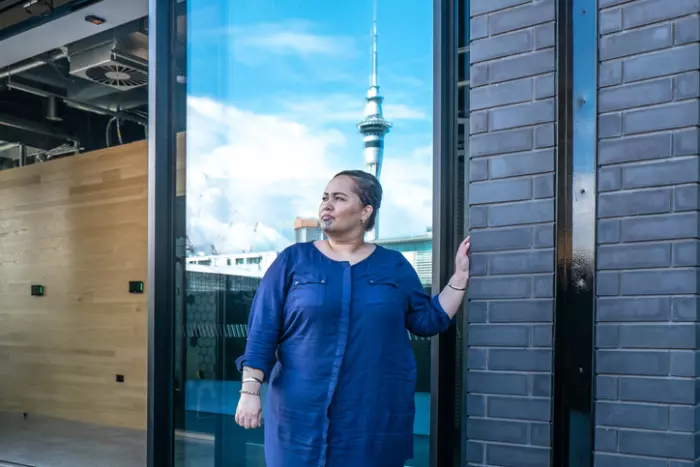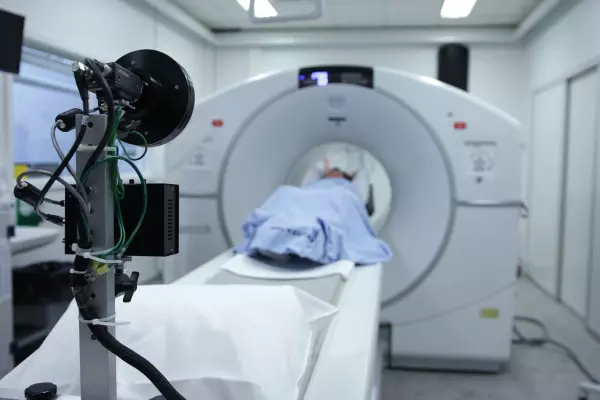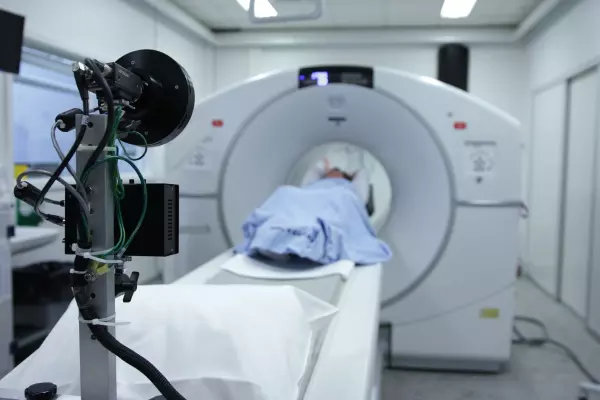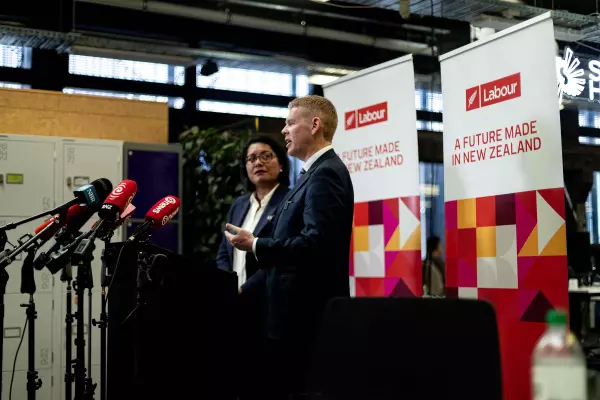There’s been robust debate in response to the government seeking to establish an independent Māori Health Authority (MHA) as part of the recently proposed health sector reforms, coupled with other suggestions of separate funding and services for Māori.
As a country, we must acknowledge there’s a significant health gap that exists between Māori and non-Māori which is simply not acceptable. Regardless of the causes, it exists and disappointing statistics about economic and social deprivation, incarceration and education among Māori only serve to underline that gap.
The fact is the new Māori Health Authority is an opportunity to address these shortcomings, not only in health, but in other important areas. Poor health impacts on an individual’s quality and enjoyment of life, can exacerbate social and economic poverty and can contribute to poorer educational outcomes.
To date, it’s unclear how the MHA will operate, but let’s hope it will be on a commissioning model, as we’ve seen with the successful rollout of Whānau Ora programmes and specialist kura (schools) and kohanga reo (kindergartens).
Those examples represent a burgeoning, arguably much closer, partnership between the government as funder and the private sector, in the form of trusts or iwi.
The ability for Māori organisations to better design and commission the health services which Māori need is vital to delivering improved access to healthcare and quality health outcomes for all.
It can work
Nib Insurance’s collaborative partnership with Ngāti Whātua Ōrākei has proved the point over the past three years. Together, we’ve delivered improved health outcomes for hapū members through a co-created model of care developed in collaboration with the iwi, which provides wellness programmes, improved access to elective surgery and primary care and proactive health management.
This kind of partnership supports iwi in an impactful way, often adding crucial quality years to people’s lives. We know these sorts of genuine partnerships can be truly transformative and deliver better health outcomes.
Extending the opportunity for this model of care to other iwi has the potential to deliver improved health outcomes without duplicating existing services. Targeted funding through the MHA builds capability within the iwi, and the evidence shows improved outcomes can be achieved with minimal investment and maximum collaboration.
In this way, the MHA could become a generational game-changer, enabling iwi to co-design health services to meet their specific needs. A one-size-fits-all system has demonstrably failed Māori, whose health outcomes remain significantly below non-Māori, and access to health services is far from equitable.
Our experience with Ngāti Whātua Ōrākei is that Māori are much more likely to use health services they know are specifically designed for Māori, by Māori.
That delivers better outcomes because it creates access to early diagnosis and treatment.
Surely that’s exactly what we want and need. And if the MHA can help to make that happen, then that’s surely a good outcome for everyone in New Zealand, regardless of where you sit on the MHA debate.












